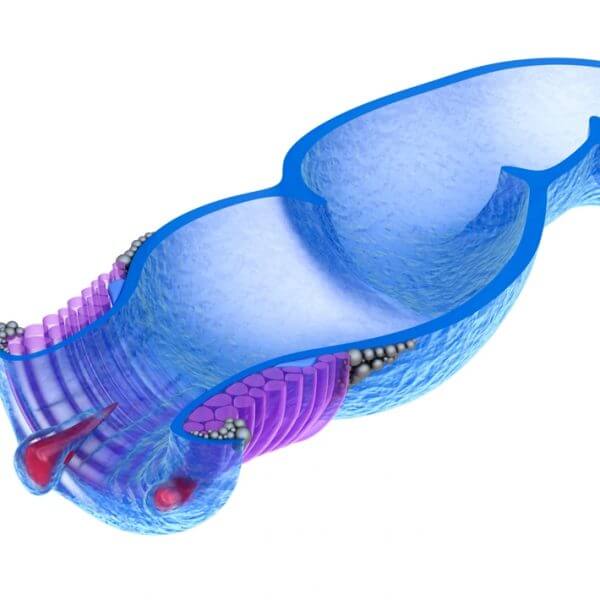Anal Fissures
Anal fissures are small tears and/ or ulcers around the opening of the back passage, they can be extremely painful, especially when passing stools. After passing a stool, you may feel intense pain and have spasms for several hours after. Around one in 10 people experience anal fissures at some point in their life.
Causes
Fissures are often caused by hard stools, but other causes include straining when passing, IBS, infection around the anus, trauma directly to the anus, anal cancer and giving birth.
Symptoms
There are several symptoms that may indicate an anal fissure. These may include:
- Searing or burning pain during going to the toilet and often after passing
- Spasms
- Bleeding – this is likely to be fresh, red blood
- A sentinel pile – a tag of skin that may develop near the anus

Treatment options
If medicines prescribed by the GP don’t work, there are more treatments available to help heal anal fissures. You may be offered treatment with botulinum toxin but if this also doesn’t help ease the symptoms you may need surgery to relax your sphincter muscle.
You may be offered a fissurectomy. This is a procedure his involves cutting away the damaged area from around your anus and removing any skin tags during the process. Another option is a lateral internal sphincterotomy. This procedure is performed under a general anaesthetic and involves making cuts around the affected area to relax the affected area and lessen the intense pain from the spasms.
If you have had a sphincterotomy but the area is still not healing, you can have a further procedure called anal advancement flaps. This is where unaffected skin is taken from your anal lining and is used to replace the broken skin that is causing the fissure.
